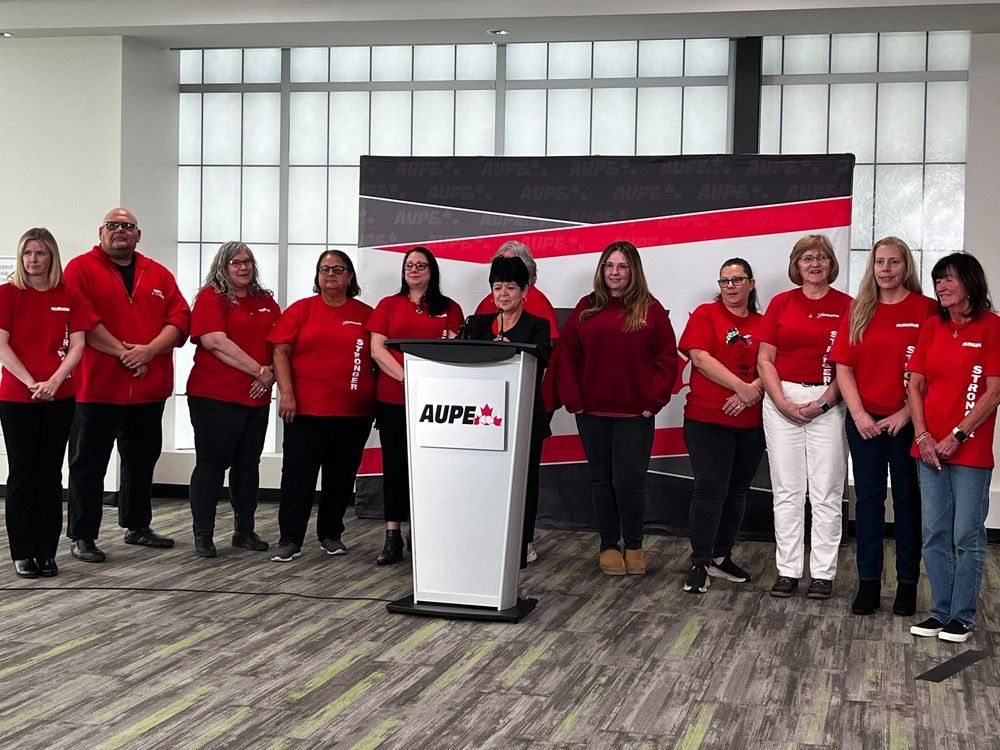UCP seems hell bent on a Alberta pension plan, no matter what the people say which is unfortunate
So I totally agree with you on the teacher strike stuff, but totally disagree with you on this pension plan stuff



...
I think the broad, underlying issue that the media seems to gloss right over is the deep and wide "Alberta vs Ottawa" trust issue, and the chasm that it is
Without acknowledging or reporting on
that issue, it's hard to report on other Alberta vs Ottawa issues in their proper contexts
The deterioration of the relationship between Alberta and Ottawa started before Danielle Smith was even in office, when Trudeau was in office. (In terms of current issues, anyway)
And as long as the media's reporting on these issues paints these issues as seperate from one another, and doesn't report on what ties them all together, I feel like they are letting the public down and facilitating tensions where there doesn't need to be any
...
Premier Smith asked the public for their feedback in regards to an Alberta Pension Plan vs the current CPP
She held multiple town halls all over the province which she personally attended, and hosted several days of call-ins where people could share their views on the matter and why.
These public call-ins were broadcast live on both the radio and the internet, and were open to any member of the public to share their feelings on the matter.
It turned out a lot of the public were against the idea of an Alberta Pension Plan, mostly because they equated the idea to that of seperation.
And because of public opposition to the idea, it was shelved.
(The studies that were commissioned as to whether or not it was practically achievable & feasible were slated to take a while, and I believe this document was part of one of those studies)
...
If the document in that post is accurate, and the costs of administering the CPP have ballooned to that degree, it's probably prudent for provincial governments to ask themselves if they could do a better job or not.
The more it costs to administer the CPP, the less money there is to pay out to Canadians who have been paying into it their whole lives.
...
And what seems more plausible in, say, the next 10 or 20 years...
A financially stable Alberta government stealing our pensions?
Or a massively indebted federal government that can't pay it's own bills stealing our pensions?

globalnews.ca



